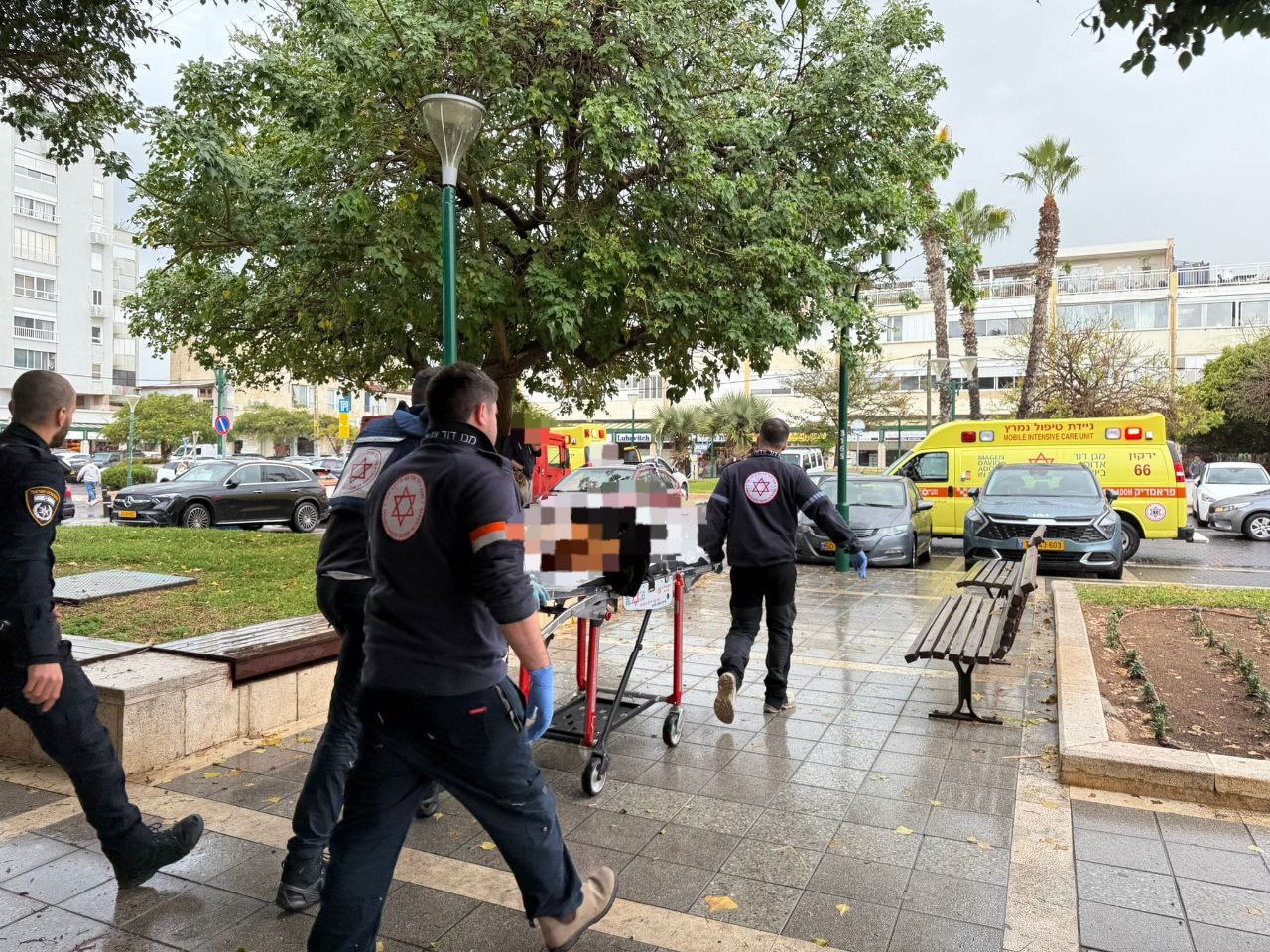ARTICLE AD BOX
Israel’s 2.08 million Arabs make up 21.1% of the country’s population, according to figures released by the Central Bureau of Statistics in May.
By Pesach Benson, TPS
One in two Israeli-Arab citizens believe that the war has created a sense of “shared destiny” with the Jewish population, a survey released on Wednesday found.
The study, conducted by the Konrad Adenauer Program for Jewish-Arab Cooperation at Tel Aviv University’s Moshe Dayan Center reveals a significant shift in Arab-Jewish relations in Israel.
According to the findings, 57.8% of Arab citizens now feel a sense of shared destiny with their Jewish counterparts. The finding marks a dramatic change from a year ago, when 69.8% of Arab respondents said the conflict had weakened solidarity between the two communities.
“The war between Israel and Hamas, the longest in the history of the Israeli-Palestinian conflict, has profoundly impacted Arab public attitudes. Yet, amidst the turmoil, we see Arab citizens signaling their willingness to collaborate with the Jewish majority in rebuilding society and politics in the post-war era,” said Dr. Arik Rudnitzky, project manager of the Konrad Adenauer Program.
Israel’s 2.08 million Arabs make up 21.1% of the country’s population according to figures released by the Central Bureau of Statistics in May.
One of the survey’s most striking insights concerns the identity of Arab Israelis. When asked about the most significant component of their personal identity, 33.9% of respondents chose Israeli citizenship, surpassing religious affiliation (29.2%) and Arab identity (26.9%). Only 9% cited Palestinian identity as their primary identifier.
“This is a pivotal shift,” Rudnitzky explained. “The upheavals and turbulence in the Middle East over the past year—ranging from the prolonged war with Hezbollah in Lebanon to the collapse of the Assad regime in Syria—have boosted Arab citizens’ appreciation for their Israeli citizenship. While Arab Israelis have not abandoned their Arab or Palestinian national identity, their focus on Israeli citizenship signals a willingness to play a more active role in shaping the future of Israeli society.”
He added, “The prominence of Israeli citizenship may also reflect the instrumental value it holds during times of crisis. For many, it represents stability and access to rights and opportunities, especially in a region marked by conflict.”
The survey also explored Israeli-Arab opinions on post-war governance in Gaza. Responses were varied: 20.7% supported a Palestinian Authority-led administration, 20.1% preferred a multinational force, and 17.9% suggested Israeli control. Local Gazan entities received 15.8% support, while only 6.7% backed continued Hamas governance.
Discussing these findings, Rudnitzky said, “Arab citizens are looking for pragmatic solutions in Gaza that can bring stability, but the lack of consensus reflects the complexity of the situation. The responses highlight a diverse range of opinions within the Arab public, which mirrors the broader uncertainties about Gaza’s future.”
Despite these divisions, the survey found that 71.8% of Arab Israelis support the inclusion of an Arab party in the Israeli government after the next elections. Nearly half (47.8%) expressed willingness to join any coalition, not just a center-left one.
“This level of support for Arab political participation is unprecedented,” Rudnitzky remarked. “It signals a readiness to engage more actively in the political sphere and contribute to rebuilding Israeli society after the war. Arab citizens are clearly stating they want a seat at the table.”
Asked about personal safety, majority (65.8%) of respondents reported feeling unsafe. However, 63.1% attributing this to surging criminal violence in Arab communities while 24.6% pointed to the impact of the war.
In 2023, a record number of 244 Israeli-Arabs were murdered, more than double the 120 homicides in 2022. The surging violence continued to with 205 Israeli-Arabs murdered in 2024 so far.
The spike in violence is attributed to organized crime groups fighting turf battles and trying to eliminate rivals. Arab criminal organizations have been involved in extortion, money laundering, and trafficking in weapons, drugs and women.
Crime, more than any other issue, “is eroding the sense of personal security among Arab citizens. The government must prioritize this if it hopes to strengthen Arab-Jewish relations further,” Rudnitzky said.
At the same time, respondents demonstrated optimism about regional developments. Over half (53.4%) viewed a potential normalization agreement between Israel and Saudi Arabia as a positive step, while 49.2% believed resolving the Israeli-Palestinian conflict should not be a precondition for such an agreement.
“Under the dark shadow cast by the war over all citizens of Israel, both Arabs and Jews, we are seeing indications of significant change. A sense of shared destiny is sprouting between Arabs and Jews that could redefine the rules of the game in the post-war era,” said Rudnitzky.
“This is a clear and hopeful message. Arab citizens are ready to contribute, to engage, and to redefine their role within Israeli society. It’s a message that the authorities and the Jewish majority must hear and act upon.”

 1 week ago
25
1 week ago
25









 English (US) ·
English (US) ·